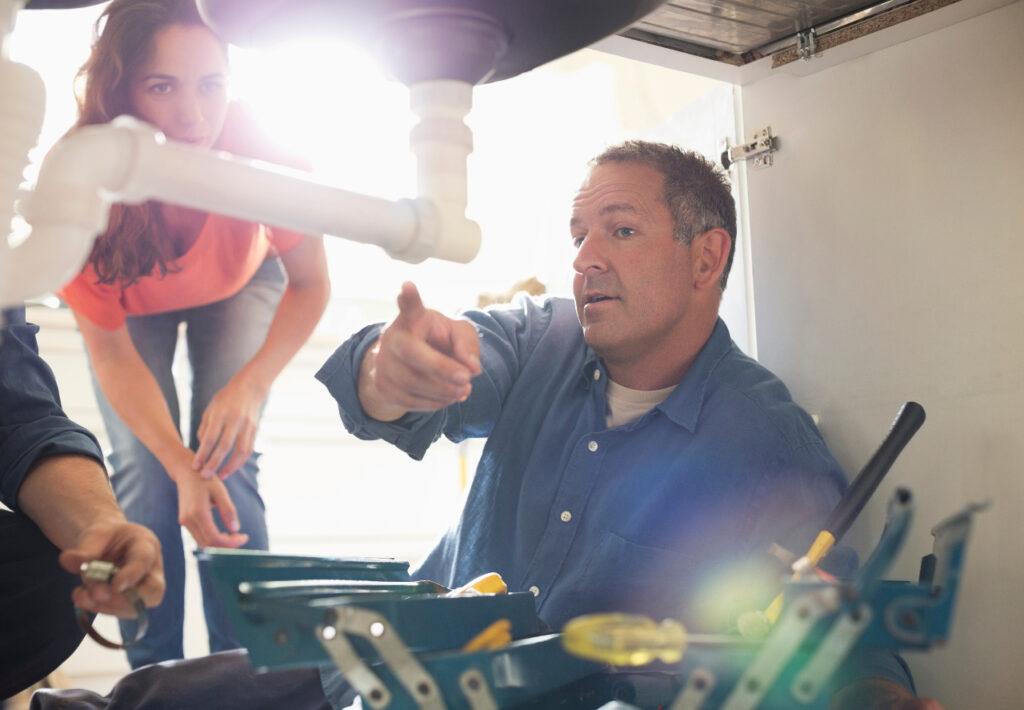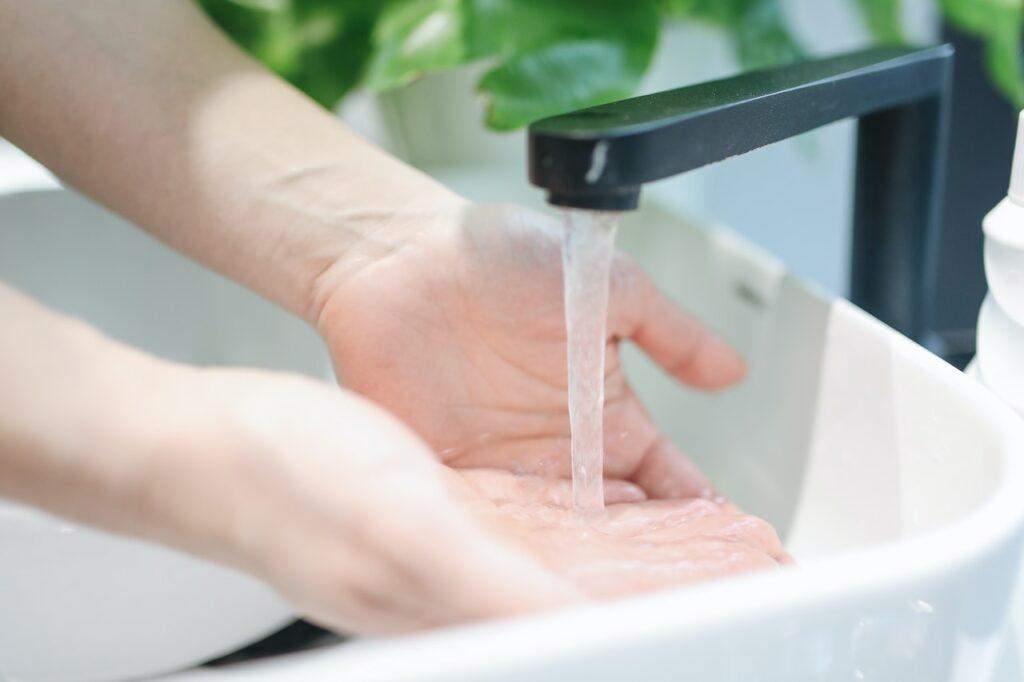11 Ways Small Businesses Can Reduce Water Consumption

SOURCE: PEXELS
The lack of clean drinking water is a global concern. The average American household uses more than 300 gallons of water each day, with almost a quarter used to flush toilets. Although over 70% of the Earth’s surface is covered by water, only 0.5% is drinkable.
While water scarcity remains a pressing concern, small businesses have an opportunity to make a meaningful impact. Water conservation is not just a responsibility but a chance for your business to cut costs, promote environmental sustainability and lead by example.
Here are 11 innovative yet straightforward ways your business can reduce water consumption:

1. Fix Leaks ASAP
Leaky faucets, pipes and toilets can waste a significant amount of water over time. Keep an eye out for any leaks and repair them promptly. Regular maintenance can prevent these minor issues from becoming costly water-wasters.
2. Install Low-Flow Faucets and Toilets
Switching to low-flow fixtures is an easy and cost-effective way to reduce water consumption. These fixtures maintain water pressure while using less water, adding up to substantial savings over time.
3. Educate Your Team
Ensure your employees know the importance of water conservation and provide them with tips on reducing water consumption at work. Encourage them to report leaks or wasteful practices immediately.
4. Optimize Cleaning Practices
When cleaning your space, use water-efficient equipment and techniques. For example, high-pressure, low-flow nozzles for cleaning tasks can be more effective than traditional methods. Additionally, only clean when necessary to avoid unnecessary water waste.

SOURCE: PEXELS
5. Invest in Energy-Efficient Appliances
Replace old and inefficient appliances like dishwashers and washing machines with water-efficient models. Look for appliances with good energy ratings, as they use less water without sacrificing performance.
6. Get Smart About Landscaping
If your business has an outdoor space, landscaping can be a significant source of water consumption. Select native, drought-resistant plants that require less water. Use mulch to retain moisture and install a drip irrigation system to target the roots of plants.
7. Monitor Water Usage
Install water meters to monitor your business’s water usage. Regularly check the data to identify any unusual spikes or patterns. Meters can help you spot leaks or inefficient water use early on, saving you water and expenses.
8. Reuse Water Where Possible
Depending on your business, consider recycling for specific processes. For example, if you operate a car wash, install a water recycling system to filter and reuse water instead of constantly drawing from the freshwater supply.
Here are some simple ways your business can reuse water:
– Collect and store rainwater for various non-potable uses, like flushing toilets.
– Use excess water from cleaning for watering plants.
– Direct excess water from hand basins to flush toilets.
9. Choose Waterless Options
In some cases, you can choose waterless alternatives. Waterless urinals, for instance, require no water for flushing and are an excellent option for businesses looking to save on water bills. Sanitizer is also a great alternative to minimize water wastage.

10. Switch to Spray Taps
Spray taps, a modern innovation, can significantly impact your water usage. These taps are designed to disperse water more efficiently, using less water while maintaining convenience. You can directly reduce consumption by upgrading to spray faucets in the kitchen or restroom. Spray taps can save more than 7,000 gallons of water per year.
11. Set Water Reduction Goals
Finally, set specific water reduction goals for your small business. Establishing targets can motivate your team to take water-saving actions more seriously. Celebrate achievements and continuously seek ways to improve your water efficiency. You can even reward staff for their efforts when you reach specific targets.
Do Your Part
Reducing water consumption in your small business is environmentally responsible and economically sensible and you have the power to steer your enterprise in the right direction. Small businesses can play a pivotal role in the broader effort to protect the environment and your commitment to water conservation can be a vital part of this journey.






